Billionaire Elon Musk’s Space Exploration Technologies Corp. is in talks to raise new capital at a valuation of about $44 billion, according to people with knowledge of the matter.
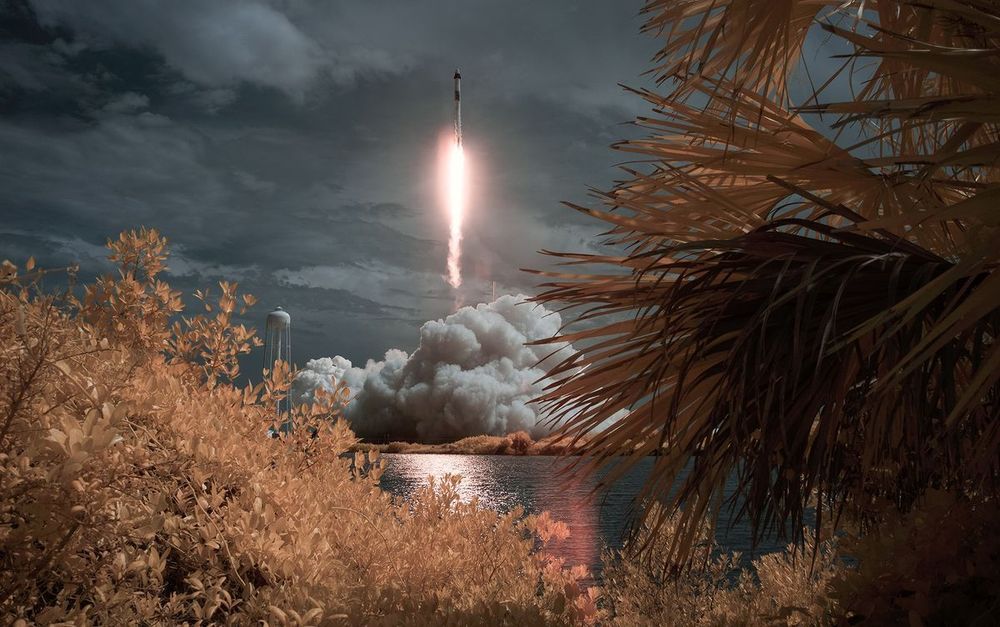


The thalamus is a “Grand Central Station” for sensory information coming to our brains. Almost every sight, sound, taste and touch we perceive travels to our brain’s cortex via the thalamus. It is theorized that the thalamus plays a major role in consciousness itself. Not only does sensory information pass through the thalamus, it is also processed and transformed by the thalamus so our cortex can better understand and interpret these signals from the world around us.
One powerful type of transformation comes from interactions between excitatory neurons that carry data to the neocortex and inhibitory neurons of the thalamic reticular nucleus, or TRN, that regulate flow of that data. Although the TRN has long been recognized as important, much less has been known about what kinds of cells are in the TRN, how they are organized and how they function.
Now a paper published in the journal Nature addresses those questions. Researchers led by corresponding author Scott Cruikshank, Ph.D., and co-authors Rosa I. Martinez-Garcia, Ph.D., Bettina Voelcker, Ph.D., and Barry Connors, Ph.D., show that the somatosensory part of the TRN is divided into two functionally distinct sub-circuits. Each has its own types of genetically defined neurons that are topographically segregated, are physiologically distinct and connect reciprocally with independent thalamocortical nuclei via dynamically divergent synapses.
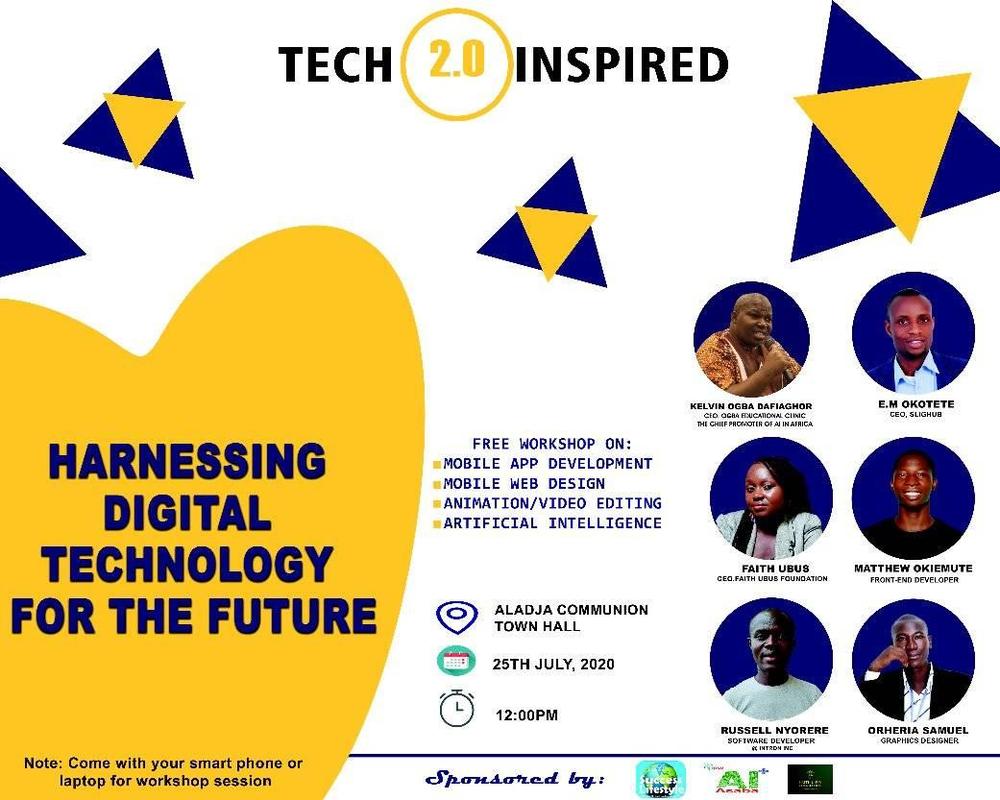
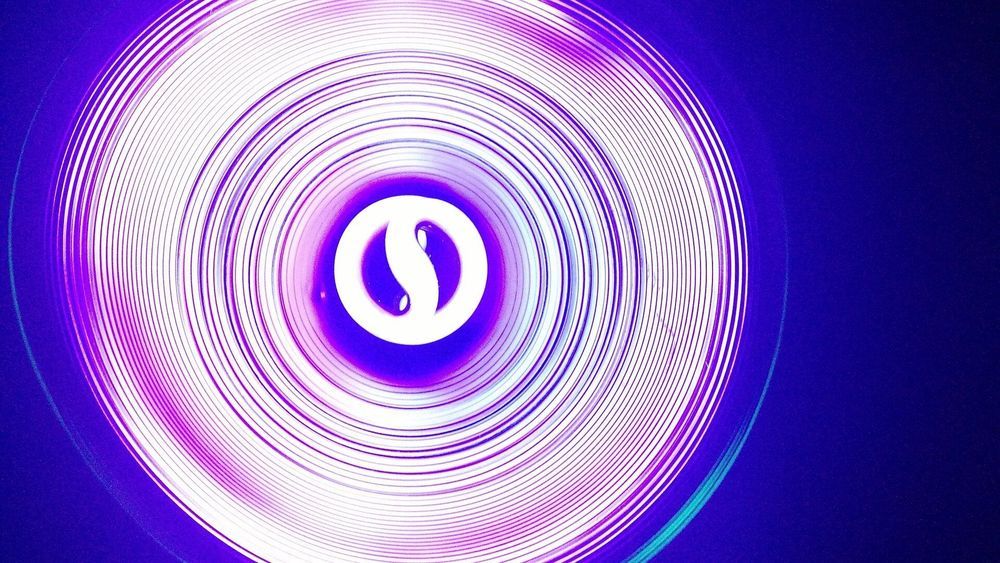
Physicists at the University of Alberta have developed technology that can translate data from microwaves to optical light—an advance that has promising applications in the next generation of super-fast quantum computers and secure fiber-optic telecommunications.
“Many quantum computer technologies work in the microwave regime, while many quantum communications channels, such as fiber and satellite, work with optical light,” explained Lindsay LeBlanc, who holds the Canada Research Chair in Ultracold Gasses for Quantum Simulation. “We hope that this platform can be used in the future to transduce quantum signals between these two regimes.”
The new technology works by introducing a strong interaction between microwave radiation and atomic gas. The microwaves are then modulated with an audio signal, encoding information into the microwave. This modulation is passed through the gas atoms, which are then probed with optical light to encode the signal into the light.
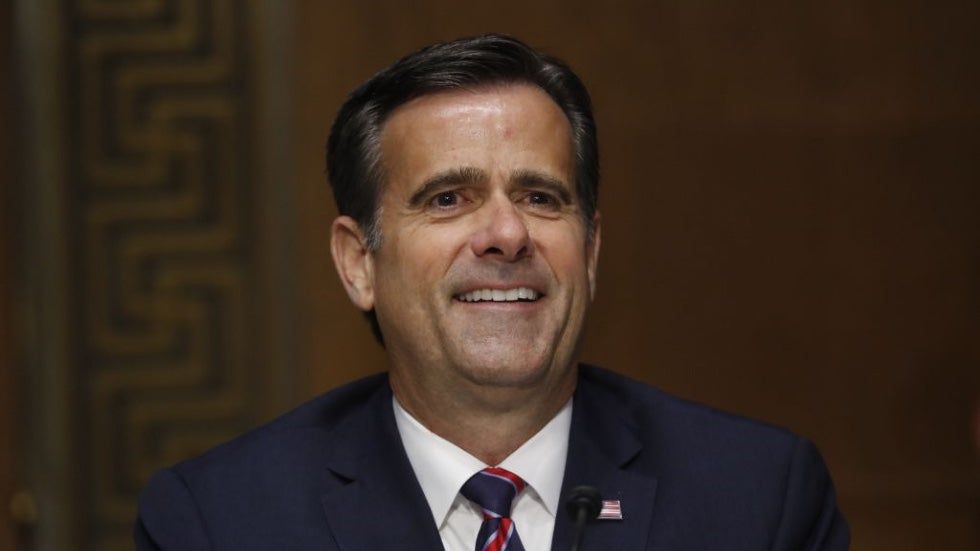
The U.S. intelligence community (IC) on Thursday rolled out an “ethics guide” and framework for how intelligence agencies can responsibly develop and use artificial intelligence (AI) technologies.
Among the key ethical requirements were shoring up security, respecting human dignity through complying with existing civil rights and privacy laws, rooting out bias to ensure AI use is “objective and equitable,” and ensuring human judgement is incorporated into AI development and use.
The IC wrote in the framework, which digs into the details of the ethics guide, that it was intended to ensure that use of AI technologies matches “the Intelligence Community’s unique mission purposes, authorities, and responsibilities for collecting and using data and AI outputs.”
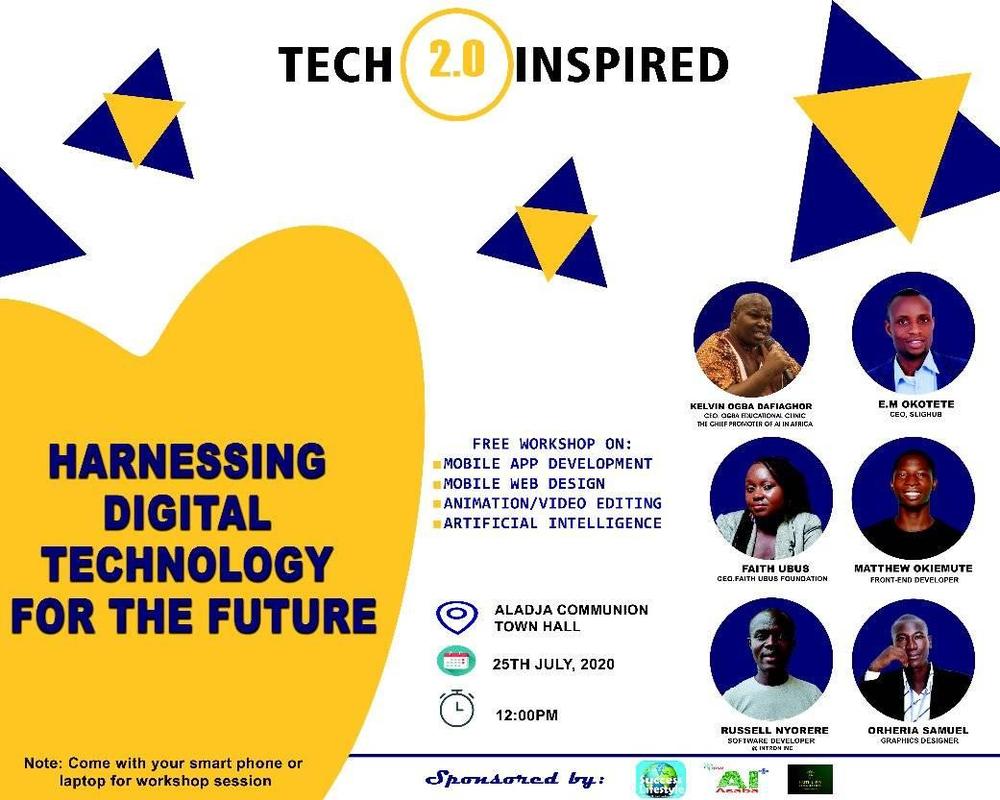
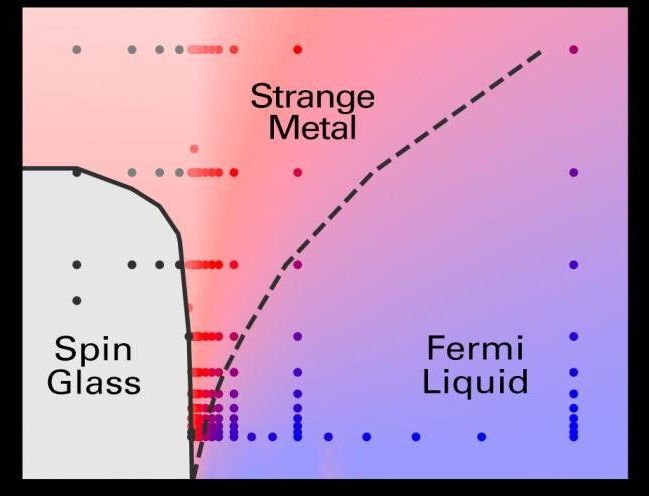
Even by the standards of quantum physicists, strange metals are just plain odd. The materials are related to high-temperature superconductors and have surprising connections to the properties of black holes. Electrons in strange metals dissipate energy as fast as they’re allowed to under the laws of quantum mechanics, and the electrical resistivity of a strange metal, unlike that of ordinary metals, is proportional to the temperature.
Generating a theoretical understanding of strange metals is one of the biggest challenges in condensed matter physics. Now, using cutting-edge computational techniques, researchers from the Flatiron Institute in New York City and Cornell University have solved the first robust theoretical model of strange metals. The work reveals that strange metals are a new state of matter, the researchers report July 22 in the Proceedings of the National Academy of Sciences.
“The fact that we call them strange metals should tell you how well we understand them,” says study co-author Olivier Parcollet, a senior research scientist at the Flatiron Institute’s Center for Computational Quantum Physics (CCQ). “Strange metals share remarkable properties with black holes, opening exciting new directions for theoretical physics.”

An international team led by researchers at Princeton University has uncovered a new class of magnet that exhibits novel quantum effects that extend to room temperature.
The researchers discovered a quantized topological phase in a pristine magnet. Their findings provide insights into a 30-year-old theory of how electrons spontaneously quantize and demonstrate a proof-of-principle method to discover new topological magnets. Quantum magnets are promising platforms for dissipationless current, high storage capacity and future green technologies. The study was published in the journal Nature this week.
The discovery’s roots lie in the workings of the quantum Hall effect- a form of topological effect which was the subject of the Nobel Prize in Physics in 1985. This was the first time that a branch of theoretical mathematics, called topology, would start to fundamentally change how we describe and classify matter that makes up the world around us. Ever since, topological phases have been intensely studied in science and engineering. Many new classes of quantum materials with topological electronic structures have been found, including topological insulators and Weyl semimetals. However, while some of the most exciting theoretical ideas require magnetism, most materials explored have been nonmagnetic and show no quantization, leaving many tantalizing possibilities unfulfilled.

In nature, organisms often support each other in order to gain an advantage. However, this kind of cooperation contradicts the theory of evolution proposed by Charles Darwin: Why would organisms invest valuable resources to help others? Instead, they should rather use them for themselves, in order to win the evolutionary competition with other species. A new study led by Prof. Dr. Christian Kost from the Department of Ecology at Osnabrueck University has now solved this puzzle. The results of the study were published in the scientific journal Current Biology. The research project was performed in collaboration with the Max Planck Institute for Chemical Ecology in Jena.
Interactions between two or more organisms, in which all partners involved gain an advantage, are ubiquitous in nature and have played a key role in the evolution of life on Earth. For example, root bacteria fix nitrogen from the atmosphere, thus making it available to plants. In return, the plant supplies its root bacteria with nutritious sugars. However, it is nevertheless costly for both interaction partners to support each other. For example, the provision of sugar requires energy, which is then not available to the plant anymore. From this results the risk of cheating interaction partners that consume the sugar without providing nitrogen in return.
The research team led by Prof. Dr. Christian Kost used bacteria as a model system to study the evolution of mutual cooperation. At the beginning of the experiment, two bacterial strains could only grow when they provided each other with essential amino acids. Over the course of several generations, however, the initial exchange of metabolic byproducts developed into a real cooperation: both partners increased the production of the exchanged amino acids in order to benefit their respective partner. Even though the increased amino acid production enhanced growth when both partners were present, it was extremely costly when individual bacterial strains had to grow without their partner.
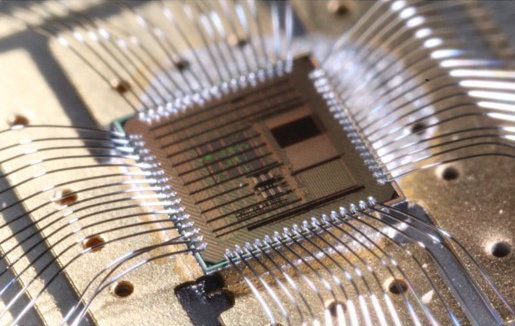
Many computational properties are maximized when the dynamics of a network are at a “critical point”, a state where systems can quickly change their overall characteristics in fundamental ways, transitioning e.g. between order and chaos or stability and instability. Therefore, the critical state is widely assumed to be optimal for any computation in recurrent neural networks, which are used in many AI applications.